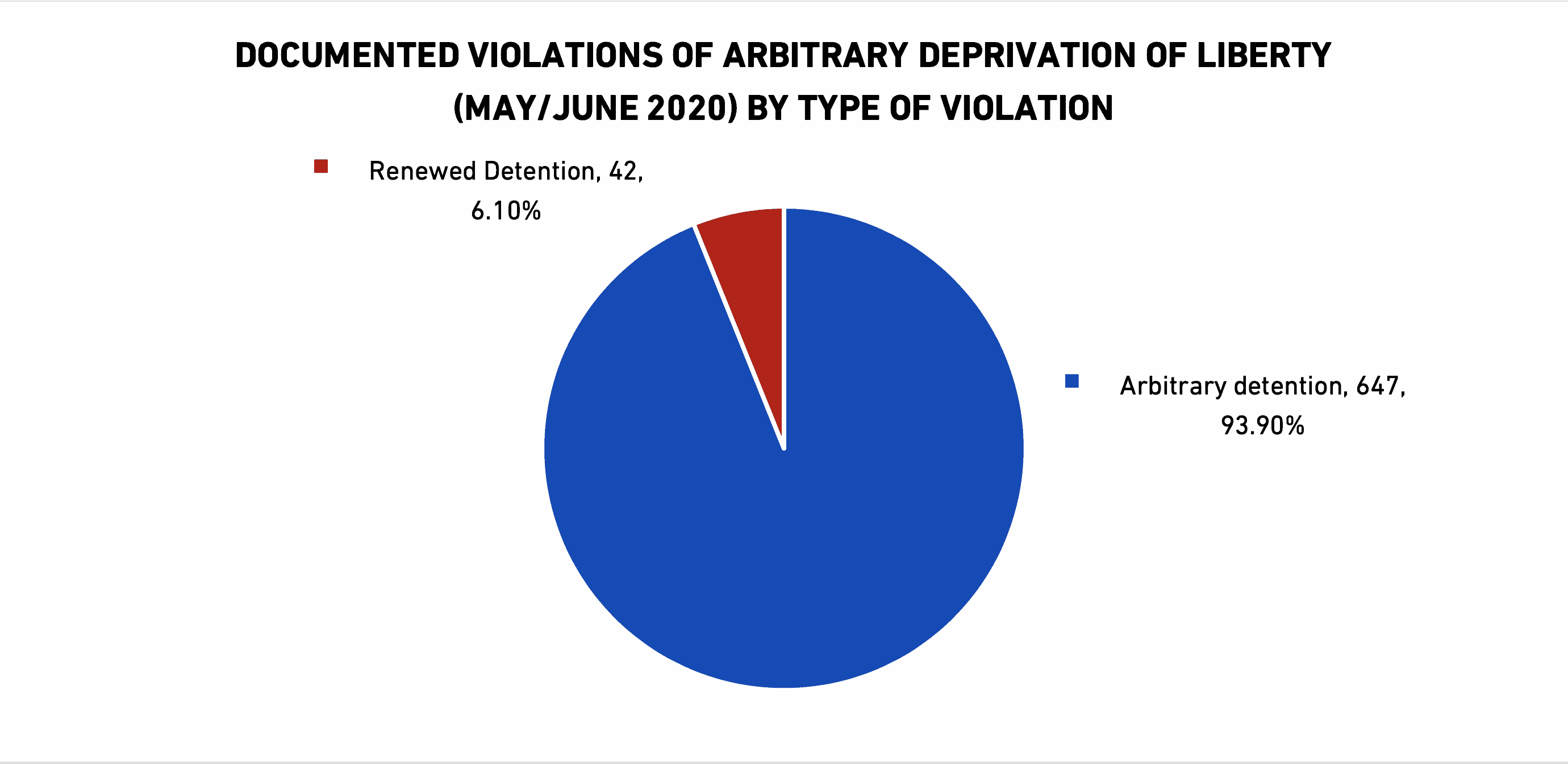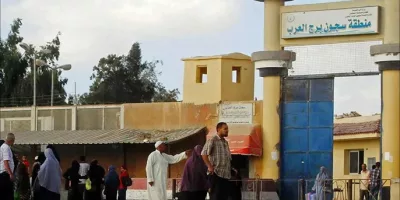Committee for Justice (CFJ) has issued a special monthly report on the phenomenon of renewed arbitrary detention in Egypt, under the title “Recycling of Detention”.
The report analyses the practice, its historical development in the Egyptian legal and judicial system and the development of the methods of the security agencies in implementing the tools of repression and targeting opponents with abuse and punishment.
The report comprises two sections:
The first includes legal analyses prepared by CFJ researchers, and the second cites testimonies by victims and cases documented by the organisation in May-June 2020, with a focus on cases of renewed, preventive, and repeated arrests.
The report also discusses the definition of arbitrary detention, with the assertion that Egypt has added legal legitimacy to this type of detention since the monarchy era, and even after the 2011 revolution, and that the current political system expanded the phenomenon.
The report lists the laws and legal methods through which the Egyptian regime was able to “recycle” the arrest of its opponents, through an arsenal of laws restricting freedoms, on top of which is the Anti-Terrorism Law, as well as the Egyptian regime’s use of prolonged pretrial detention as a means of punishment, and the use of one of the arms of the judicial system, namely the Prosecution, as a legal cover for the arrest of opponents, represented by the “Supreme State Security Prosecution” and the “Military Prosecution”.
The report also contains detailed statistics and data on the number of people deprived of their freedom during the months of May and June 2020 and the type of court or prosecution that deprived them of this inherent human right.
CFJ team for Prisons and places of detention documented 689 violations of arbitrary deprivation of liberty during May/June 2020, of which 647 (about 93%) were arbitrary arrests, in addition to 42 violations of renewed detention.

The report points out that arbitrary detention in Egypt, while it is a crime per se and is punishable under international law, is usually associated with many other crimes such as enforced disappearance, torture to obtain confessions, denial of necessary medical care, the right to contact the outside world, the right to seek defence counsel, and the deprivation of the detainee’s right to compensation for prolonged pretrial detention.
The report recommended in its conclusion the necessity of the immediate release of detainees whose cases have been recycled, and the referral of officers, investigators, and those involved in crimes of disappearance and torture and fabricating charges to criminal trial, suspending them from work, and fairly compensating detainees for prolonged pretrial detention.
The report also recommended speedy adjudication of cases, and amendments to the legislation to conform to constitutional texts, to prevent legalization of arbitrary detention, as well as to allow judicial authorities and civil society organizations to inspect official and unofficial detention facilities.
Skip to PDF content





